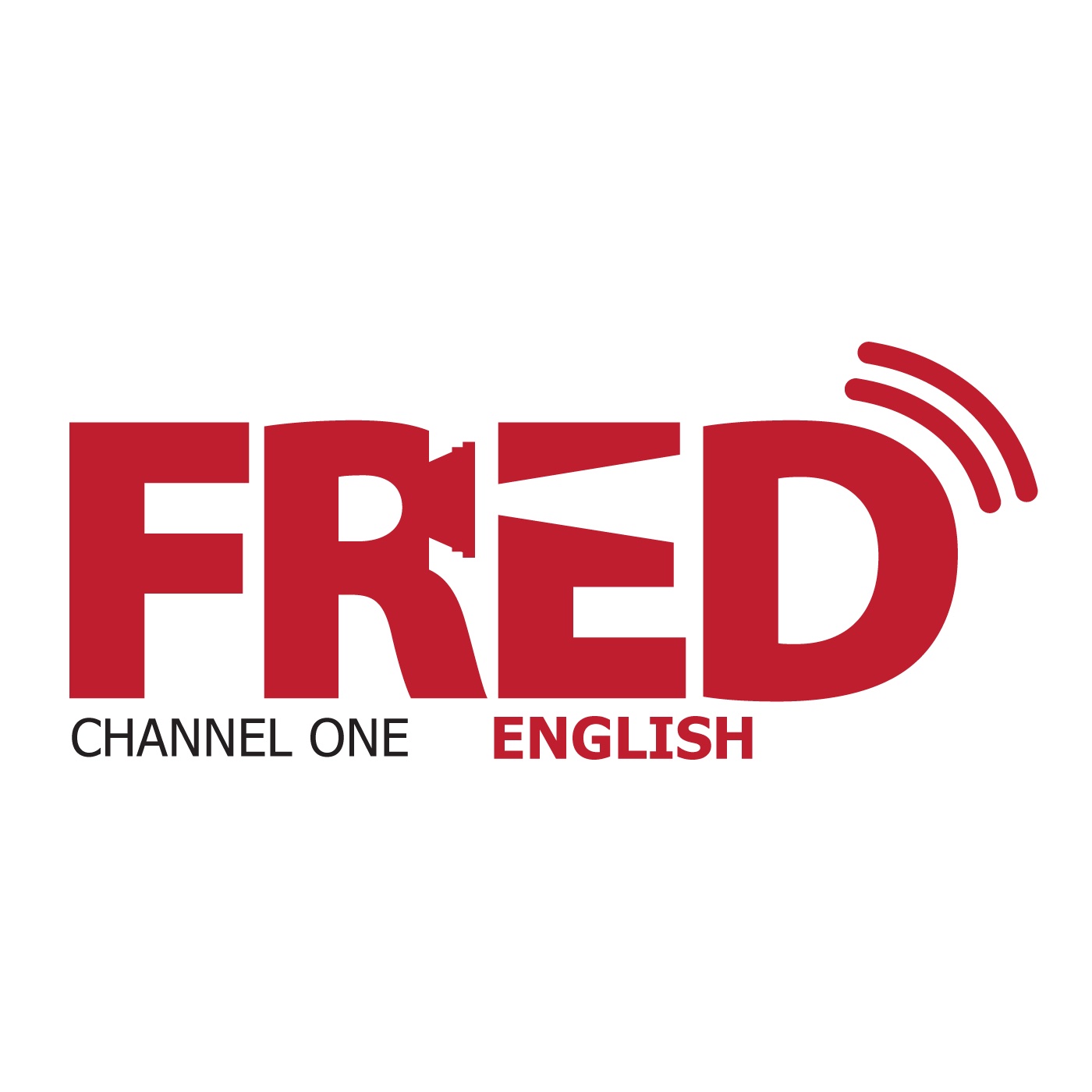

“Yes”, an interview with director Nadav Lapid
After winning the Jury Prize of the International Competition of the Cannes Film Festival in 2021, for “Ahed’s Knee”, Israel-born, Paris-based director Nadav Lapid, also crowned with the Berlin Golden Bear in 2019 for “Synonyms”, is back on the Croisette with a striking cinematic gesture entitled “Yes”, viscerally and flamboyantly conveying his reaction to October 7 and his complicated sentiments about his native country through the highly eventful trajectory of a character whose name, Y, sounds like a question even though he’s past looking for answers.
We met the director as he was just coming out of the world premiere of his film at the 57th Directors’ Fortnight.
On the impact of the film
“The film is so many things together… There is something distinctive about a film which, on the one hand, looks as if it is related to the daily news, and on the other hand looks like a legend or a musical, so the mixture of the fact the film is, in a terrible way, happening right now, but also that it is going very far on the formal level, I think that generates strong reactions… It’s a film that demands that you choose a position not only about Israel and Gaza but, in a way, about cinema.”
A film of love and despair all at the same time
“I live in Paris, but when something happens like the October 7 attacks, suddenly, you feel strange a tenderness for your country, feelings that you haven’t felt in a long time, and yet you know that it is going to commit the worst. How can you deal with both feelings? Of course, you can try to rationalise it, but I think the film doesn’t try to rationalise it. It is, in a way, everything at the same time, because only everything at the same time can convey what’s happening. It’s almost like: if you don’t understand Tel Aviv, you can’t understand Gaza, and maybe also vice versa.”
“Love sanctified by blood”
“There is one permanent condition in my life, it is that I always feel like I should understand what’s happening in Israel. [So after the attacks, I went there] to listen to people and the crazy thing is – it even says in the film – that it was as if, and there are great people there, but it was as if almost all of them were already at the service of the war: directors were directing for it, editors editing, cameramen shooting, and musicians composing or singing to soldiers. Even very avant-garde artists who never cared, were suddenly telling me, with tears in their eyes, how they were singing popular songs to soldiers… Everyone loves the soldiers, and they love everyone so, like in the film, it’s a love sanctified by blood, a love that will cost a lot of blood.”
Losing faith in words
“In my film, the mouth is always an important organ; there’s always a moment where the main character has a kind of crazy monologue, or tells synonyms. Y still uses his mouth, but in a totally different way… Losing faith in words is also a symptom of a collapse in a society.”
About the character of Y
“There’s a lot of agitation but for the first time in a film of mine… [The main character]is someone who doesn’t have an opinion. He’s not interested by the idea of having an opinion actually, in fact he is super bored by politics. He just wants to dance. This is also why he doesn’t have any limits: its like he got rid of his opinion, in a way, but just stayed with the energy. Y can be criticised for many, many things, but I think that it’s hard to deny the fact that inside each one of us there is this Y. There’s something about him that goes beyond him being only a fable about the moral corruption of an artist, I think.People have a complex relationship with evil. We always ask how can people live like this – we say that about theGermans during the nazi regime, but they did, they lived with this, they kept living their lives.”
On bringing the chaos of reality to the screen
“Imagination or fiction can sometimes be such a prison; reality is so much more chaotic…, and all of this chaos can bring us closer to a feeling of truth… but not a kind of clear, well-built narrative… I always feel that in a way, our films are so poor and so tame compared to life. The hero of the moment was this actual moment, and in order to bring it to the screen, the actual moment, I had to gather everything and to push everything, because everything was at 20,000 dB.”
The post “Yes”, an interview with director Nadav Lapid appeared first on Fred Film Radio.